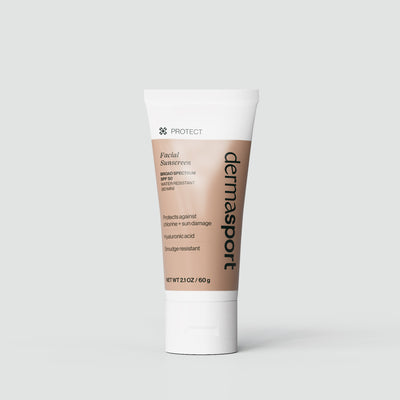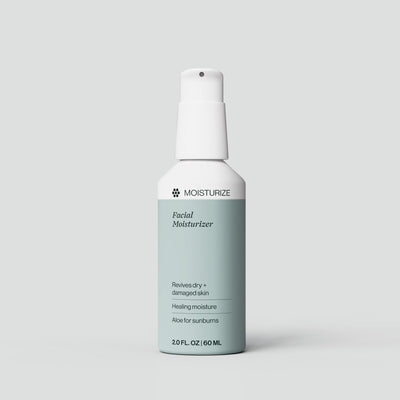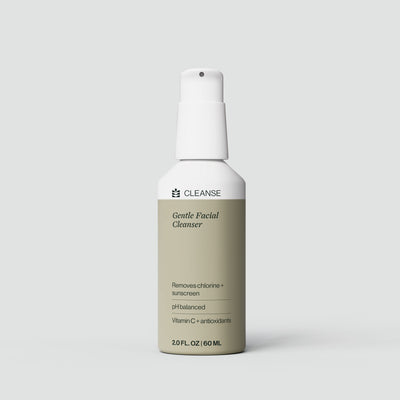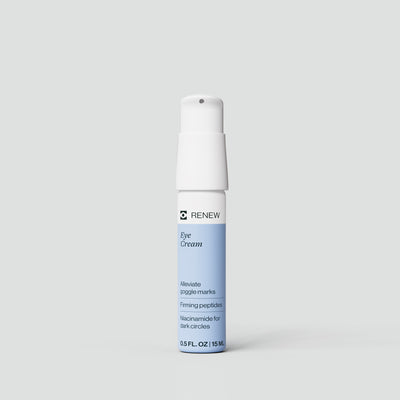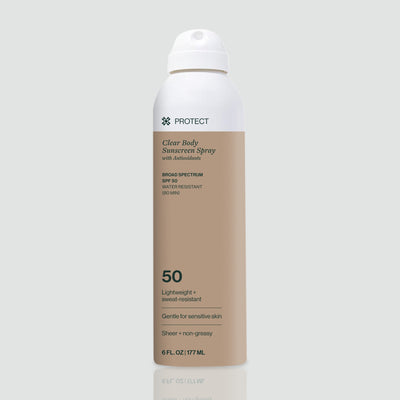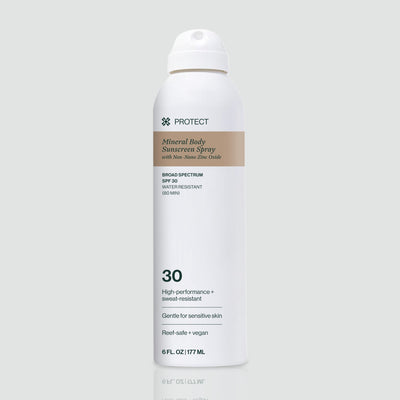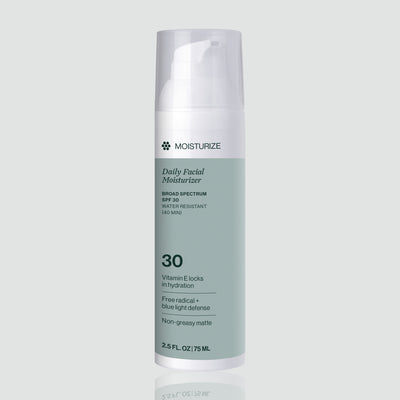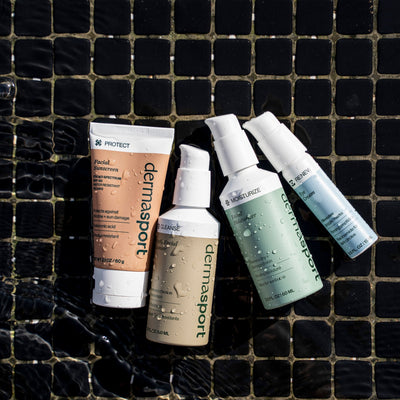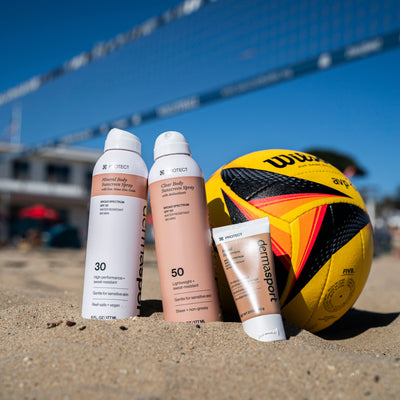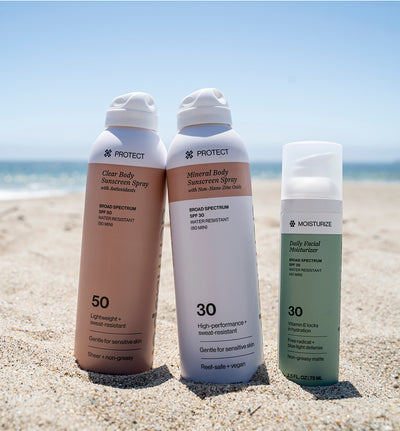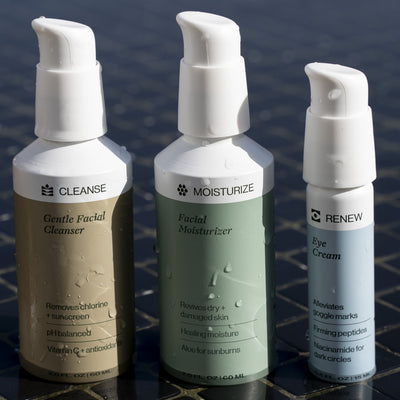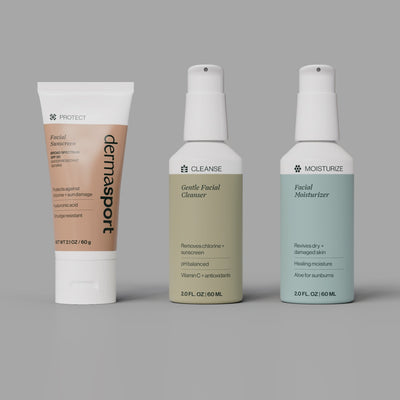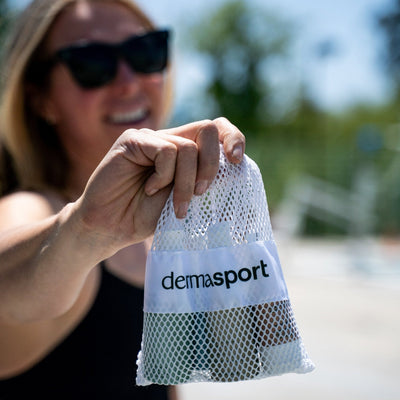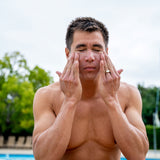For those who regularly apply sunscreen (and we all should!), one of the most common concerns revolves around breakouts. More specifically, why do some sunscreens cause acne or exacerbate existing skin issues? Let’s dive into the world of chemical sunscreens to understand the culprits better.
Sunscreen Ingredients To Avoid If You Have Acne
Different sunscreens use various active ingredients to protect our skin from the sun’s harmful rays. While most of these ingredients are generally safe, some might not play nicely with sensitive or acne-prone skin:
- Octisalate (Octyl Salicylate): A prevalent UVB filter, Octisalate is mostly safe. However, a small fraction of users have reported skin sensitivity or acne breakouts with this ingredient.
- Homosalate: Another UVB filter in the lineup, Homosalate, can sometimes be the reason behind skin irritation or acne in a few individuals.
- Octocrylene: This ingredient isn't just a UV filter; it's also used to stabilize other UV filters. While deemed safe for most, it may cause skin irritation in those with heightened sensitivity.
- Oxybenzone (Benzophenone-3): A bit controversial due to potential hormonal impact concerns, Oxybenzone doesn't directly cause acne. But, some with sensitive skin have reported aggravated acne symptoms with this ingredient.
- Avobenzone (Butyl Methoxydibenzoylmethane): Commonly used in many sunscreens as a UVA filter, it's usually safe but can lead to breakouts in some cases.
What are combination sunscreens? Do they cause acne breakouts?
You might have seen sunscreens labeled as “Mineral Sunscreens” on the shelves. But did you know many of these are actually combination sunscreens? They blend mineral and chemical UV filters. The inclusion of chemical sunscreens in these products has been linked to acne issues in some users.
Dermatologist-Recommended Sunscreen for Acne-Prone Skin:
As a dermatologist, I wholeheartedly recommend Dermasport’s SPF 50 Facial Sunscreen for anyone with sensitive or acne-prone skin. Composed purely of mineral filters, it uses 20% zinc oxide to effectively block 98% of harmful UV radiation. Numerous patients who transitioned from chemical sunscreens to Dermasport have happily reported diminished or manageable breakouts.
Every person's skin reacts differently. While one ingredient might work wonders for one individual, it could cause breakouts for another. If you suspect a sunscreen is not agreeing with your skin, consider exploring different formulations or specifically designed sunscreens for sensitive skin.
If you have persistent acne concerns or experience skin reactions when using sunscreen, consult a dermatologist. They can provide personalized recommendations and help you.
Sources:
- "Sunscreen Use and Acne: A Double-Blind, Randomized, Controlled Trial" by Sethi et al., published in the Annals of Dermatology journal: https://www.ncbi.nlm.nih.gov/pmc/articles/PMC3275240/
- Hamzavi I, Fatima S, Braunberger T, Mohammad T, Kohli I. The role of sunscreen in melasma and postinflammatory hyperpigmentation. Indian Journal of Dermatology. 2020;65(1):5. doi:https://doi.org/10.4103/ijd.ijd_295_18
- "Photoprotection in Acne Vulgaris: A Randomized, Controlled Trial of a Novel Sunscreen" by Del Rosso et al., published in the Journal of Clinical and Aesthetic Dermatology: https://www.ncbi.nlm.nih.gov/pmc/articles/PMC3970824/
- "Sunscreen Use in the Prevention of Melanoma: Common Myths and Misconceptions" by Burnett et al., published in the Journal of Skin Cancer: https://www.ncbi.nlm.nih.gov/pmc/articles/PMC4326277/



